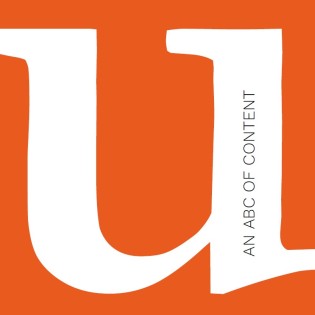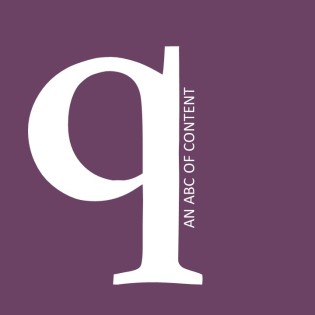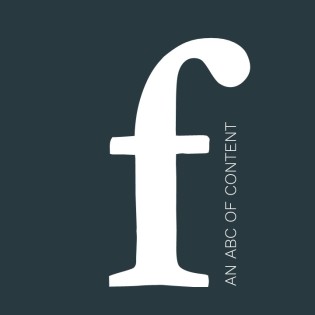Y is for YMYL

A matter of life or death
The 2015 release of Google’s Search Quality Evaluator Guidelines gave us two new acronyms. Suddenly everyone was talking EAT (See E for Expertise, A for Authority and T for Trust) and YMYL.
If you are either an old-school highwayman* or a writer keen to climb the SEO ladder, YMYL, Your Money or Your Life, is a useful phrase.
Websites and content which Google deems to be YMYL – in other words where inaccurate or deceptive information could harm readers’ health, financial stability, safety or wellbeing – are, rightly, subject to high levels of scrutiny.
For material on news or current affairs (such as business, science, politics or technology); law or government; finances (taxes, investments or retirement, for instance); medicine or health, the stakes are high.
Of course, your writing should display expertise, authority and trustworthiness whether it fits these categories or not, but those stakes are especially high if it does. Slipping up on EAT will have a negative impact not only on what you are writing right now, but also on your brand or profile more generally.
Ensure that what you write is factually accurate and that it demonstrates your expertise. Including biographies and links to other published material is a helpful way for the reader and the SEO bots to verify this and to build audience confidence. If you don’t have expertise on the subject, get someone who does to write it instead.
Check data and sources very carefully and include citations and links. And if your content encourages feedback and reader interaction, make sure this is moderated.
*If you actually are an old-school highwayman, Highbrook is unable to help.
After all, we have to keep our own YMYL status in mind.





